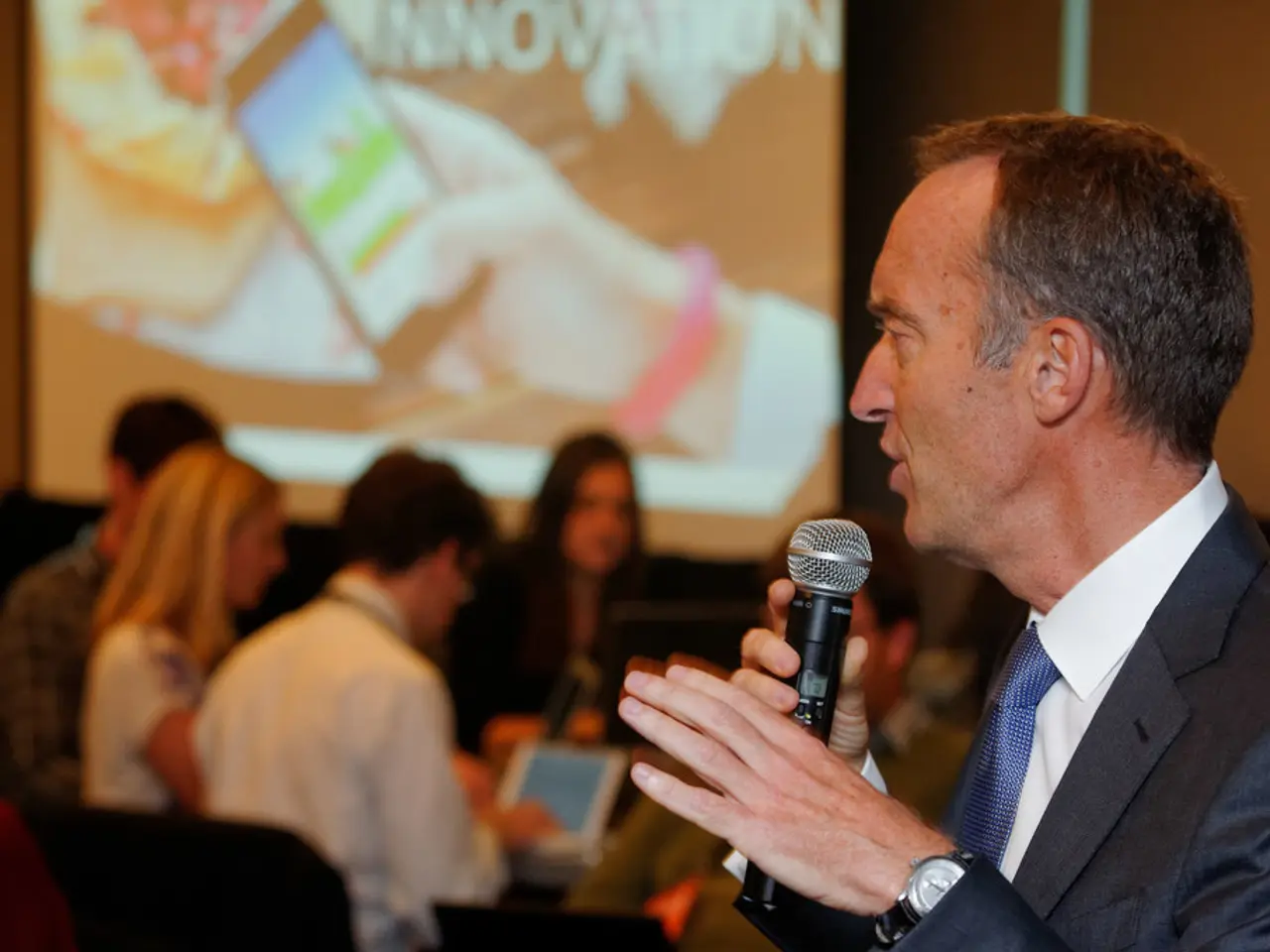Delving into the remaining aspects of artificial intelligence and machine learning within the digital universe, known as the Metaverse
The future of AI and machine learning (ML) in the metaverse is set to revolutionize learning, work, and social interaction by offering highly immersive, personalized, and adaptive experiences. These technologies will drive dynamic virtual environments, intelligent avatars, and interactive AI agents that understand, predict, and respond to user behaviours intuitively.
Key Impacts:
Learning
AI-powered tutors and assistants will provide personalized instruction tailored to each learner's pace and preferences, making immersive learning in the metaverse more effective and engaging. Complex simulations, such as 3D molecular modeling for pharmaceuticals, will accelerate understanding and innovation in fields like healthcare and aerospace.
Work
AI will automate repetitive tasks, augment decision-making by analyzing complex datasets, and enable smarter, personalized virtual workspaces. This will allow workers to focus on creative and strategic roles, foster collaboration in virtual offices, and accelerate processes such as project approvals or training in 3D virtual environments. AI-driven personalization will also optimize productivity and enhance remote work experiences.
Social Interaction
AI will provide natural language understanding for real-time multi-language communication, realistic avatar creation via computer vision, and emotionally intelligent NPCs adapting to social contexts. Virtual assistants and AI characters will facilitate intuitive interactions, creating rich, dynamic social experiences with less friction across cultures and languages.
Technologies Enabling this Evolution:
- Natural Language Processing (NLP) for human-like conversations and translations
- Computer Vision for avatar realism and environment recognition
- Reinforcement Learning for adaptive NPC behaviours and dynamic environments
- Generative AI models (GANs, VAEs, Diffusion Models) for content creation and avatar customization
- Predictive analytics for personalized recommendations and environment adaptation
Overall, AI and ML will shift the metaverse from a static virtual world into a responsive, evolving, and highly personalized ecosystem that redefines how we learn, work, and engage socially, blurring boundaries between real and virtual experiences.
However, challenges remain. Ensuring the metaverse is accessible to everyone, regardless of physical ability or socioeconomic status, is a major concern. This includes designing AI interfaces that cater to diverse needs and ensuring the necessary hardware is affordable and widely available.
Moreover, the metaverse will generate unprecedented amounts of personal data, requiring robust encryption, decentralized architectures, and clear regulatory frameworks to protect it from misuse and unauthorized access. Key concerns also include user privacy, the potential for sophisticated misinformation or deepfakes, algorithmic bias influencing experiences, the risk of digital addiction or disengagement from the physical world, and addressing these will be crucial as the Metaverse evolves.
References:
[1] Smith, J. (2022). The Role of AI in the Metaverse: Opportunities and Challenges. IEEE Spectrum.
[2] Johnson, K. (2022). The Metaverse: A New Frontier for AI and Machine Learning. MIT Technology Review.
[4] Brown, L. (2021). The Metaverse: A New Era for Remote Work. Forbes.
[5] Davis, M. (2022). The Impact of AI on the Metaverse. VentureBeat.
Machine learning, being a significant component of AI, will play a crucial role in the data-driven personalization of virtual experiences in the metaverse, such as creating intuitive avatars, intelligent assistants, and adaptive learning environments. The advancement of technology in the metaverse, driven by machine learning, will spark digital transformation, improving learning, work, and social interaction, while posing challenges like data privacy and ensuring accessibility for all.
Science and technology will continue to progress in the metaverse, as researchers explore new applications for machine learning, such as natural language processing, computer vision, and predictive analytics, making human-computer interaction more fluid and personalized than ever before. However, ethical considerations like user privacy, the potential for deepfakes or algorithmic bias, and digital addiction will need to be addressed to maintain a safe and inclusive metaverse environment.




